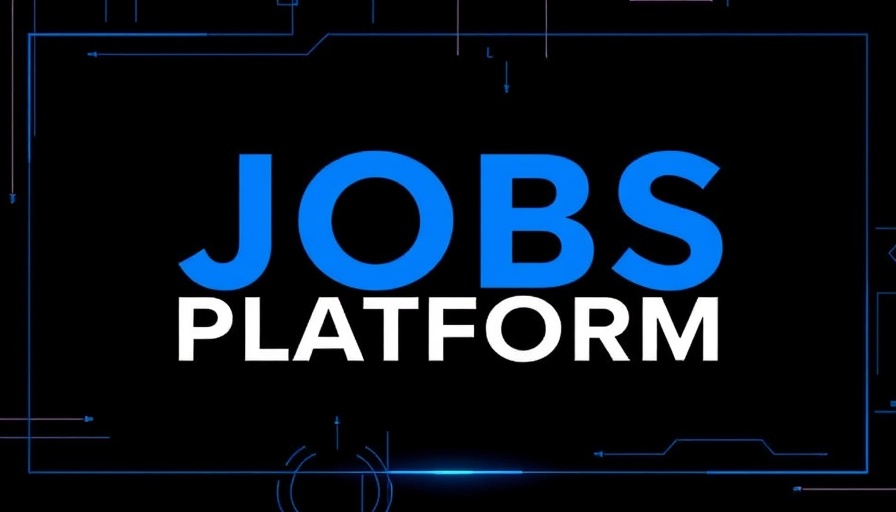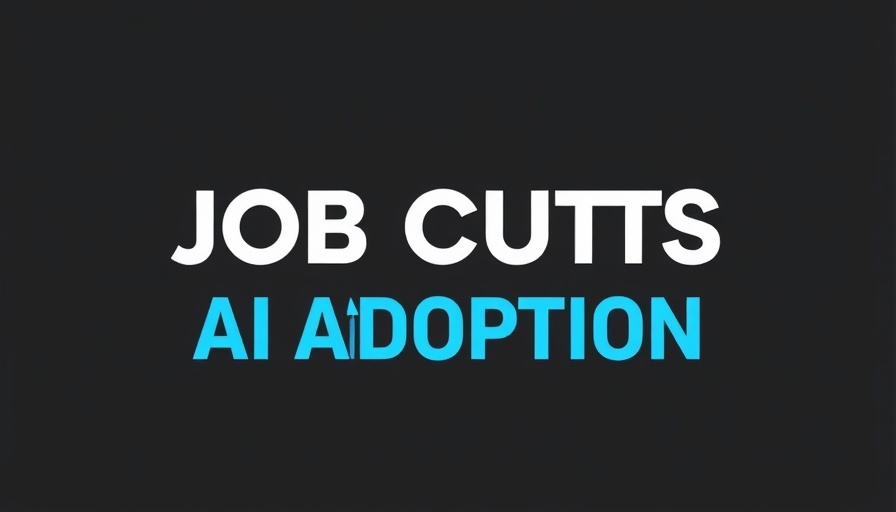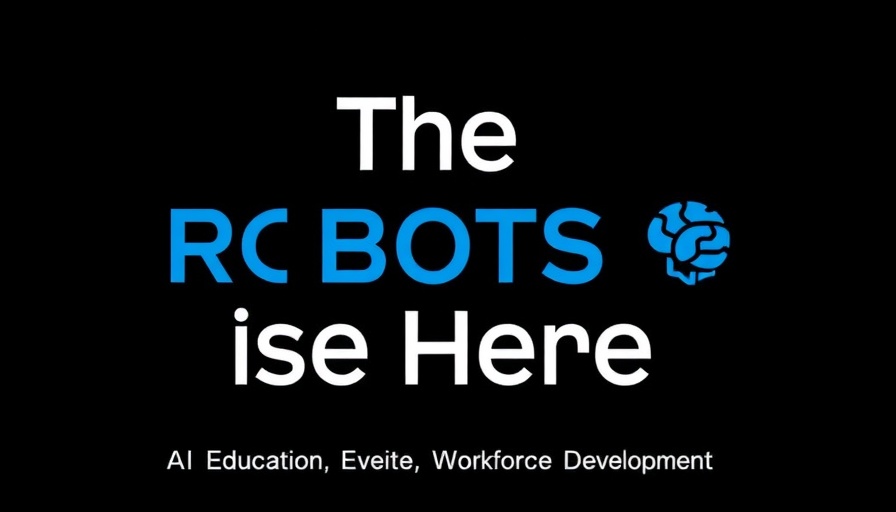
Embracing AI: A Strategic Move for Organizations
As organizations seek innovative paths to enhance productivity and creativity, the trend of implementing artificial intelligence (AI) has become crucial. Janette Roush, SVP of Innovation and Chief AI Officer at Brand USA, is a leading voice advocating for AI strategies within organizations. As she prepares for her session at the upcoming MAICON 2025, Janette highlights the potential of AI to drive significant change, stating, ‘AI gives you the superpower of not only knowing what to do, but how to do it.’
Overcoming Resistance: A Matter of Curiosity
One of the considerable challenges that companies face is the skepticism surrounding AI tools. Roush emphasizes the need to transform resistance into curiosity. By nurturing an environment where questions are welcomed, teams can begin to explore the possibilities that AI offers. She advocates for leading with curiosity, urging leaders to ensure that AI implementation does not feel overwhelming. “You need to create that movement to wonder if you want people to lean in,” she notes.
Inspiring Teams to Experiment with AI
Roush's approach involves showcasing AI’s practical applications through lighthearted experimentation. By sharing unexpected and approachable instances where AI can assist in daily tasks, she encourages adoption and discovery among teams, especially those feeling bogged down by routine responsibilities. “There are no rewards for doing things the hard, slow way,” she reinforces, urging professionals to leverage AI as a partner rather than viewing it with skepticism.
Reframing the Mindset on AI Usage
A critical perspective Janette Roush addresses is the stigma surrounding the use of AI tools. Many professionals, particularly women, shy away from embracing AI due to the misbelief that using such technology diminishes their contributions. As reported by the Harvard Business Review, there exists a lag in AI adoption among women. Roush asserts, “It’s not cheating to use AI at work.” Shifting this narrative is essential for fully realizing AI's transformative power in the workplace.
The Future of AI in Business
With insightful sessions like Roush’s planned for MAICON 2025, the future of AI in organizations looks promising. Attendees will gain actionable strategies that not only promise to spark interest but also foster an environment where experimentation with AI becomes the norm. Embracing new technologies is no longer a choice—it's essential for thriving in today's dynamic market.
 Add Row
Add Row  Add Element
Add Element 



Write A Comment